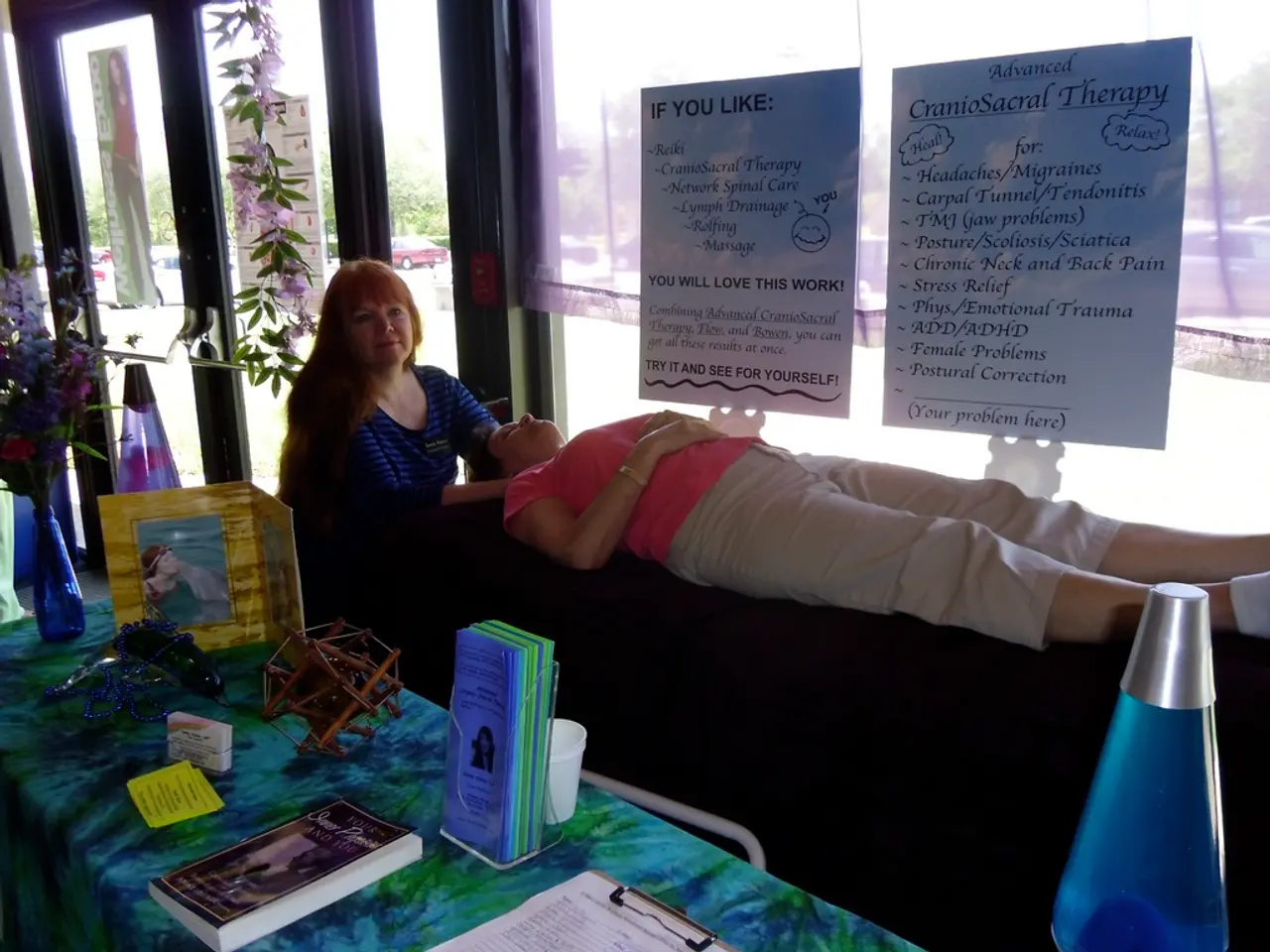Claiming for Mental Health Aid: A Post-Accident Recovery Aid
In the aftermath of a traumatic event, such as a road traffic accident, workplace accident, assault, or witnessing a distressing incident, the impact on an individual's mental health can be profound. A series of landmark cases, including the 1983 case of McLoughlin v O'Brian, has recognized this, paving the way for those affected to seek compensation for their psychological injuries.
A key factor in a successful psychological injury claim is a diagnosis of a recognized mental health condition by a qualified medical expert. Common conditions that may arise include post-traumatic stress disorder (PTSD), depression, and anxiety disorders.
Adam Mulligan, a psychology graduate from the University of Hertfordshire with a keen interest in mental health, wellness, and lifestyle, emphasizes the importance of addressing both the physical and psychological aspects of recovery. "The physical harms and the emotional shocks of a traumatic accident are intertwined," he says. "Effective interventions include therapy modalities like CBT and EMDR that address the psychological aftermath alongside medical care for bodily injuries."
In addition to therapy, the cost of rehabilitation and medical expenses, such as private therapy, specialist rehabilitation programs, and loss of earnings, can be claimed as separate heads of damage in the overall claim for compensation.
Research indicates that the psychological impact of accidents can be significant. Approximately 23% to 33% of individuals involved in road traffic accidents are at risk of developing PTSD within 30 days of the traumatic event (PTSD UK report). Furthermore, 5% to 7% of those who had been in an accident during the last three years suffered nightmares (National Friendly report).
A 1993 study found that psychiatric symptoms were common and often lasted for 12 months or more for those with minor injuries following road accidents. Access to mental health treatment can be a significant issue in the NHS, and it may be possible to include the cost of getting treatment privately as part of the claim.
Among employees, 57% needed to take time off work following an accident, and this figure rose to 71% for those aged 35 or under (National Friendly report). Fear of financial insecurity is a factor strongly linked to poorer mental health outcomes, and compensation can help reduce this stress.
It's worth noting that English and Welsh law recognizes psychological illness as an injury, particularly when caused by a traumatic event like a road traffic accident or an accident in the workplace. The medical report from the assessment with a consultant psychiatrist or psychologist is crucial in proving a psychological injury claim.
Keeping a diary of symptoms and feelings after an accident can be helpful in providing evidence for a personal injury claim. Compensation from a successful personal injury claim can help victims access private and quick therapy and treatments not immediately available on the NHS, optimizing healing and functional restoration.
However, it's important to remember that every case is unique, and seeking legal advice from a qualified professional is essential to understand the specifics of one's situation. By recognizing the dual impact of traumatic accidents on mental and physical health, we can work towards providing comprehensive care and support for those affected.
- Mental health treatment, such as therapy modalities like CBT and EMDR, can address the psychological aftermath of a traumatic event and are important interventions in the recovery process, as highlighted by Adam Mulligan, a psychology graduate.
- Research shows that the psychological impact of accidents can be substantial and long-lasting, with approximately 23% to 33% of individuals at risk of developing PTSD within 30 days of a traffic accident (PTSD UK report).
- In addition to therapy, the cost of rehabilitation and medical expenses, including private therapy, specialist rehabilitation programs, and loss of earnings, can be claimed as separate heads of damage in a personal injury claim for compensation under English and Welsh law, which recognizes psychological illness as an injury caused by a traumatic event.




